Get posts by email
Give Your Child the World (and how we do homeschool history)
June 15, 2016
Once upon a time before homeschool co-op and drama productions, before part-time jobs and working out at the gym with Dad, before essays and research assignments, before pick-up soccer and youth rallies, before a big screen TV and the PS4, we lived in the land of love of learning.
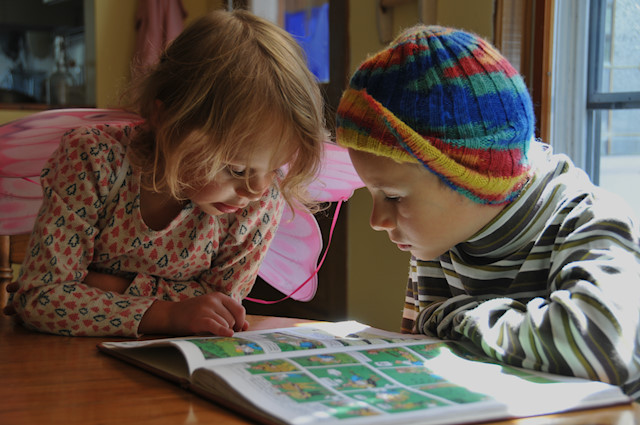
And in the land of love of learning nearly every weekday morning, after the table was cleared from breakfast, the kids and I would grab books from the large library stack, we'd sit on the couch and I would read to them. This was the most consistent practice in our school routine, and many, many days this alone was our "school routine".
Sometimes we did math and handwriting practice, especially in early fall and at the New Year, when I was gung-ho about such things. We went for walks, went to the library, attended community concerts and events. We went to the farm every week. But mostly we stayed home and the kids learned how to work around the house, they crafted (and made a holy mess of hot glue, cardboard, feathers, glitter and fabric), built couch forts and fairy gardens, read their own books, studied slugs and played together.
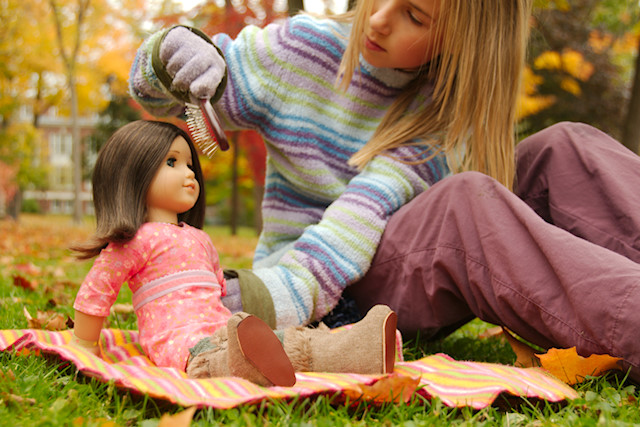
I love the independence of my teens. I love our conversations. I love that they can cook and clean and I can be gone for the day and life goes on at home without me. But, oh my goodness, do ever miss the pace of the love of learning years. In this moment, tired as I am from all the teenaged goodness that goes on in our house, I am completely nostalgic for the relaxed, easy pace of the early homeschooling years.
I digress.
My point is, over the years I've read a lot of books to the kids. Reading stories was my predominant method to this madness (smile) called homeschooling. And it was the chief springboard for learning history, geography, and world cultures, the three of which grouped together I called world study.
My goal was to introduce the kids to the wide world through "classics"; chapter books and picture books, both fiction and non-fiction, that are worth reading over and over again because you glean something new every time. (It should be noted, early childhood bedtime books aside, that rarely did we re-read books, especially chapter books, over and over again because there were so many other books I wanted to read. But great books are the stories you hate to see end and wish you could read over.)
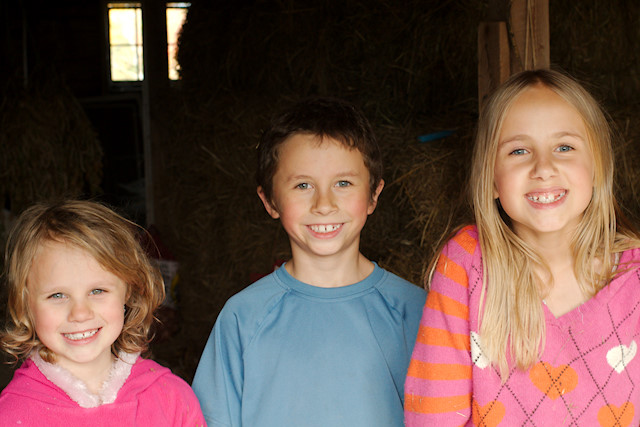
My work then was to find these great books. As a homeschooling mother, I have never "lesson planned" but I have spent countless hours sourcing good books. Finding titles, reserving at the library, picking up from the library. And in more recent years, installing book apps on devices, searching digital databases and downloading.
In the early years, I used Honey For a Child's Heart, subscribed to the Sonlight catalogue, searched Yahoo homeschooling forums, asked the librarians, and used a new thing called "blogs", to find great books to read to the kids. It was a lot of effort, but reading good books mattered to me.
What I would have given to have owned Give Your Child the World: Raising Globally Minded Kids Once Book at a Time by Jamie Martin.
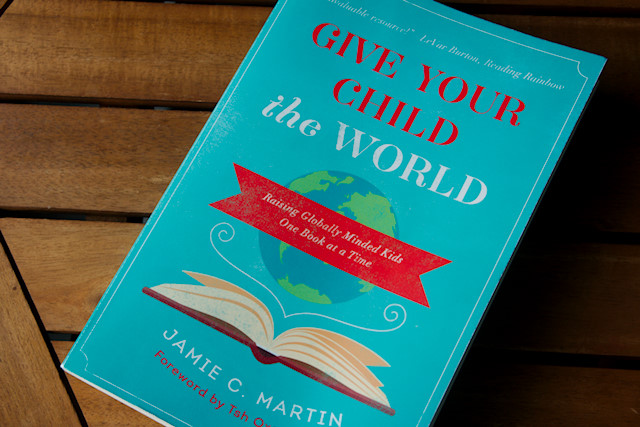
It would have saved me so much work!
As much as I love reading and place a high importance on reading in our homeschool we don't own a lot of books, at least not hardcopy ones. We use the library and have a growing collection of digital titles. But this is a book I would own, happily adding it to my most-used homeschool reference materials (other books about books, and books about learning).
I've had the privilege of knowing Jamie for years now. She was the one who directed my attention to Leadership Education, the homeschool philosophy and methodology I most resonate with.
Jamie's own book Give Your Child the World has just been published. And it is an excellent resource for homeschooling, or parenting in general.
Give Your Child the World: Raising Globally Minded Kids Once Book at a Time is a book of "inspiring stories, practical suggestions, and carefully curated reading lists of the best children’s literature for each area of the globe, arranged geographically and by reading level".
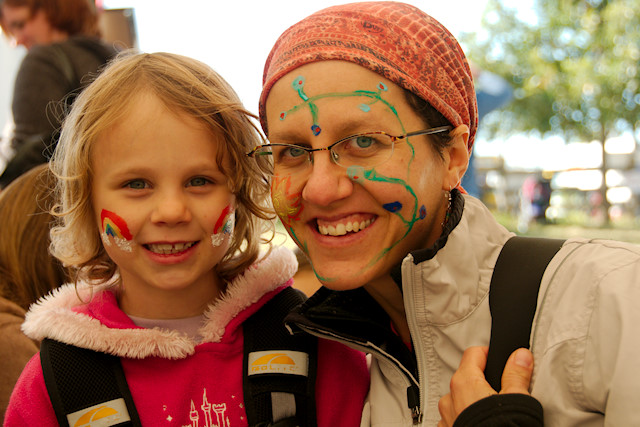
The curated reading lists, for ages 4 through 12, are the part of the book that would have saved me so much work back in the day when I was trying to source good books to read to the kids (or have them read themselves) about the different areas of the world.
This is how I would use Give Your Child the World
Interest-led learning scenario:
Kid: "Mom, I'm interested in giraffes."
Mom: "Let's get a book about giraffes this week on our library visit."
Mom thinks to herself, "hum... giraffes are found in Africa. It would be great to springboard off this interest and read a good book (or two, or three) about Africa. Thank goodness Jamie's book has an annotated Africa book list. I'll start my search there."
Parent-directed curriculum resource:
Another way I would use Give Your Child the World is to help me find books that I want to read to the kids as part of the overarching curriculum for the year.
My kids' interests were always the starting point for their early years world study. But as our children got older I would plan a theme, or a focus, for the school year or that school term. I would choose an area of the globe, or periods of history that had been neglected in the children's own interest-led learning paths. And then I looked for ways to incorporate that focus into our learning and life routine.
I don't think the kids were necessarily even aware of "the plan". I didn't sit them down and say, "this month we're learning about Mexico". I would just read more books about Mexico, for example, and find other resources - videos, community involvement, etc. to augment those stories. Or sometimes it was the other way around. The community involvement (museums, cultural events) came first and then the stories.
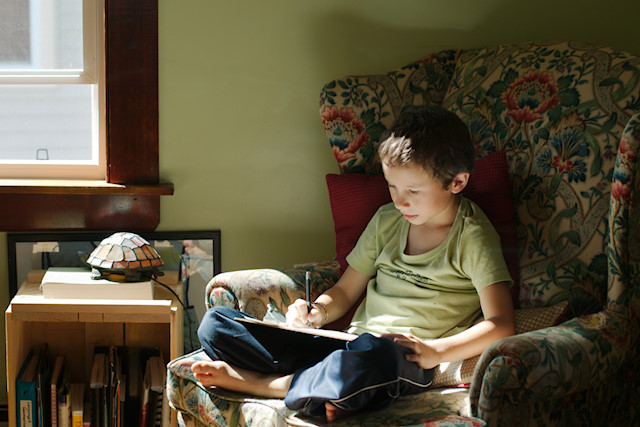
Homeschool History
The point of this post is to share what a great resource Jamie's book is and to explain how I would use this book with homeschooling elementary-aged children. Writing all of this makes me want to share how we've learned history in our homeschool, something I haven't written much about. So I'll take the opportunity to lay that out here.
My overall strategy for teaching world study (history, geography and world cultures) in the elementary years was to follow the kids' interests (through reading, hands-on participation and play) and then fill in "gaps" over the years with a curriculum of (more) good books, family discussions, curated videos, community participation, travel, etc. You can read all about that here.
The focus in the middle and high school years (transition to scholar and scholar) has been Canadian history, geography, and government, and 18th through 20th Century world history with references back to the ancient history, middle ages, and renaissance periods studied in the elementary years.
Wars and the ways in which humans have caused suffering for other humans, in the contexts of power, greed, and "advancement", are the pivotal points and events that are the backbone of history; empires and despots, conquering and colonization. It's not pretty, or child-friendly, in my opinion. However, marching alongside these events are the positive, life-affirming aspects and advancements in humanity. And ultimately, it is in the heartbreak and human-break of oppression that we say yes to a Messiah, a Redeemer and accept the teaching of a better way.
Even with that hope (and as much as it was in my power to do so) I wanted to give my children an early childhood without fear of war and violence or excessive exposure to the darkness of human nature, a theme that runs through the course of history, that is the course of history. There is only one time in your life for this type of innocence and I didn't see any need to cut that period short. It ends quick enough.
I let them explore their own interests in ancient Roman warfare and medieval knights, read the Usborne and Kingfisher reference books etc. And we read stories together with references to the dark heart of humankind (just open the Old Testament for a dose of this), but I wasn't going to deeply delve into slavery, revolutions, Holocaust etc. until they were older (obviously as topics came up I explained things in age-appropriate terms). This also means of course I was careful with the media influences in our home.
I have to say, writing those last three paragraphs has tripped me up, to the point of a delaying publishing this post. As I wrote this I felt shame for the privilege in my life, that I could preserve my children's innocence for a few years at least by virtue of where I was born, the color of my skin, my socio-economic standing. That age is gone now but I still work to shield my children from certain experiences in our society, bullying for example.
I don't have anything more to say about this except that this is a tension I feel, in myself and in my parenting. I want to raise loving, aware, and courageous children. I want to be loving, aware, and courageous but I don't want nor do I need to know of all the evil that happens in the world.
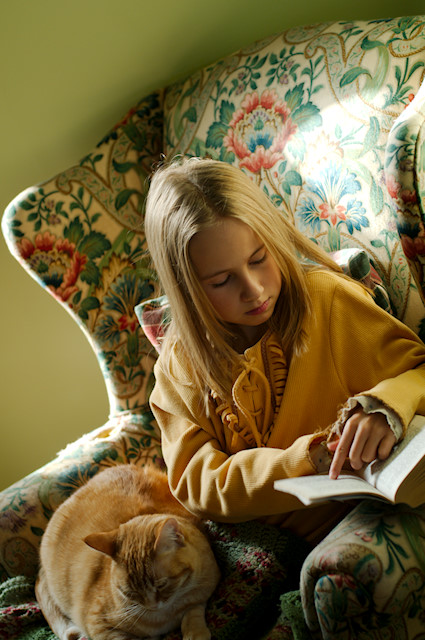
Looking back on our homeschool journey, there has been a general progression from ancient to modern history, from generalized to specific. I didn't plan it out that way, ahead of time, it just unfolded.
On the small scale, interests jump around, a wide variety of books are read, we discuss things happening all over the world. But the overall progression has been ancient to modern. The distant unrelated past to the near past. And the near past includes these-are-my-ancestors, these are the wars they fought, and the lands they immigrated from. This is who I am. This is my story.
One more thing, our kids' homeschooled world study is simply the introduction to a lifetime of learning about the world. My goal has been to lay a basic foundation: where things are in the world and the overarching historical themes. My own personal understanding of history and the world-at-large has deepened with age, travel, reading, media and personal awareness. I anticipate the same will happen for my kids and what I wanted to give them was the foundation on which to build their adult experience.
This is just the beginning for them, not the be-all-end-all.
Give Your Child the World is a fabulous addition to the interest-led model of education, as well as a more parent-directed approach.
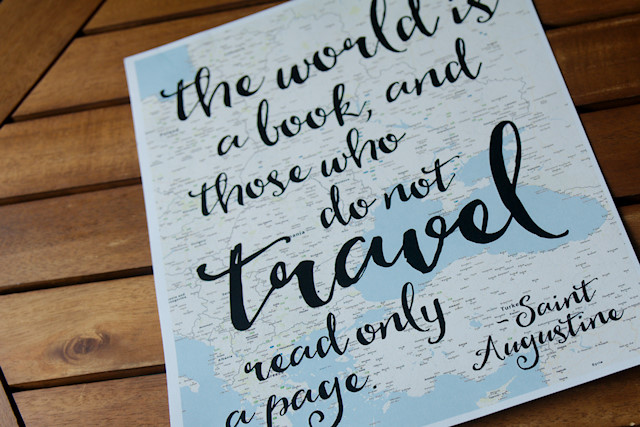
Is your child interested in a particular area of the world? You can find age-appropriate engaging books (many books), to support that.
Are you interested in teaching your child about a particular area of the world through stories? You can find a book (many books) to help you.
Give Your Child the World is a book about books. A book to help you share the world with your child.
This is not a homeschooling book, though I've explained how I would use it in our homeschool because homeschool is our life. And because I consider everything we read as part of the kids' education.
You don't have to homeschool to use this book, this is a book for parents who want to share the world with their children (or grandchildren), through the wonderful world of story.
Stories about the unique beauty in different cultures. Stories about our common humanity. Stories to help you go places without having to literally go there. Stories that share, with age appropriate language and details the struggle and suffering of being human, no matter where you live, but the hope and healing we find in friendship, families, communities, and faith. This is the story of the world.
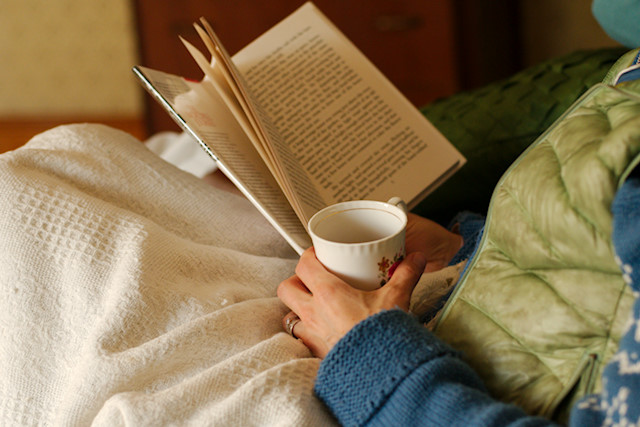
I love books. I love reading. I love learning about the world, different cultures and world views through reading.
I love this book.
Thank you Jamie for all your effort and labor of love in putting together such an excellent resource for families.
Just as I was about to publish this post I popped over to The Art of Simple. I was seeking a distraction actually for the tedium of editing. My bad, or good, in this case because I discovered that Jamie has put together a summer book club, together with Sarah Mackenzie (from Read-Aloud Revival - another great resource for good books). If you have young children and want to read them good books this summer you might want to check that out.
Also, you have a chance to win Jamie's book by leaving a comment on that post. Bonus.
Filed Under
Resource Library
-

Jill Foley on June 15, 2016, 3:18 p.m.
I was eager for this book to come out and so happy to receive my copy last week! I was even pleasantly surprised to see I was quoted in the book - I don't remember submitting the quote so it really was a surprise! My girls are still young enough that we'll get plenty of use out of the book.
-

Sharon Blackwell on June 15, 2016, 3:20 p.m.
I just saw this in the library and wondered about owning it - some books are better owned. I'm ordering it today!
-

renee on June 15, 2016, 3:24 p.m.
I agree Sharon. And how fabulous that your library already has this book.
-
-

Nancy on June 15, 2016, 10:59 p.m.
I also struggle sometimes with how to address difficult subjects with my children. Since we are Jewish, the topic of the Holocaust comes up in Hebrew school, so they learn that in an age-appropriate way. More recently, I've been involved in refugee resettlement, so my older two have asked questions about why the Syrian family we sponsor had leave their country. In general, I've learned to wait until they ask and just be honest in my response, in an age-appropriate way.
-

Kai on June 16, 2016, 3:40 p.m.
I would love to read this book for my own education and personal development. I love books and love expanding my horizons through reading. Also, as a teacher to young children I think this would expand my perspective in a powerful way.
-

CathyT on June 19, 2016, 3:45 p.m.
This is a book I will definitely be checking out as we continue our homeschooling journey. Thanks for writing about it.
You can subscribe to comments on this article using this form.
If you have already commented on this article, you do not need to do this, as you were automatically subscribed.
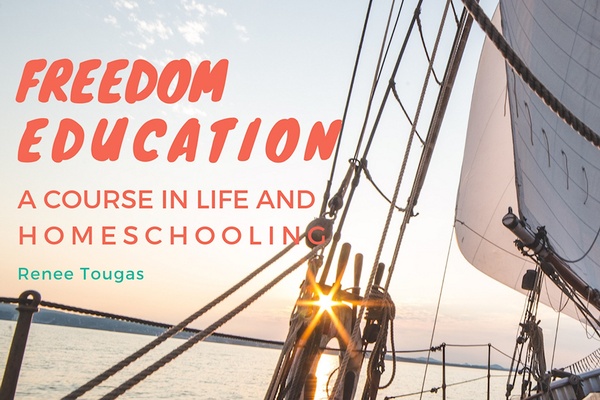
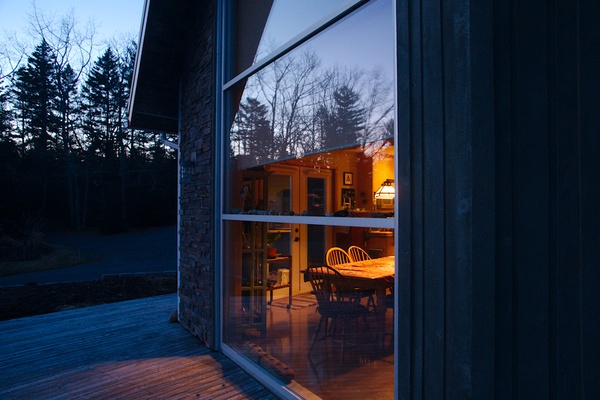
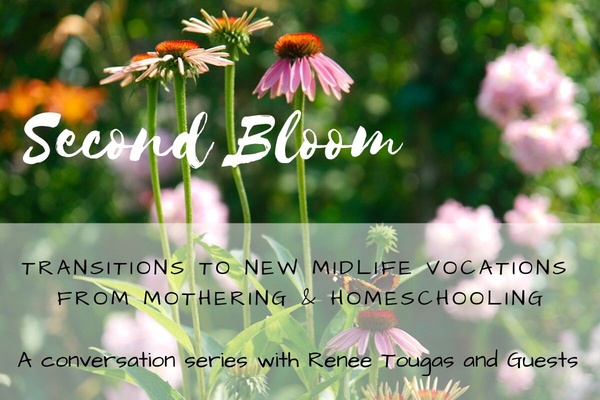
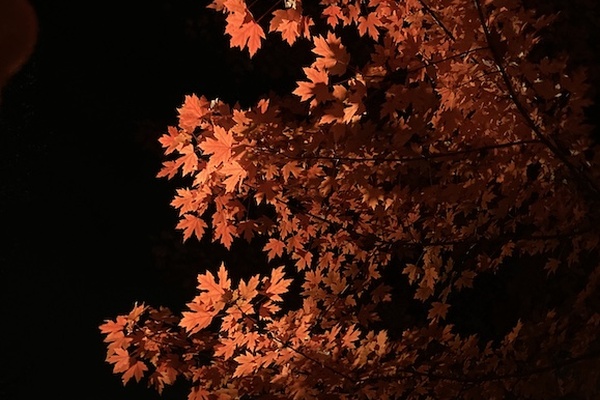
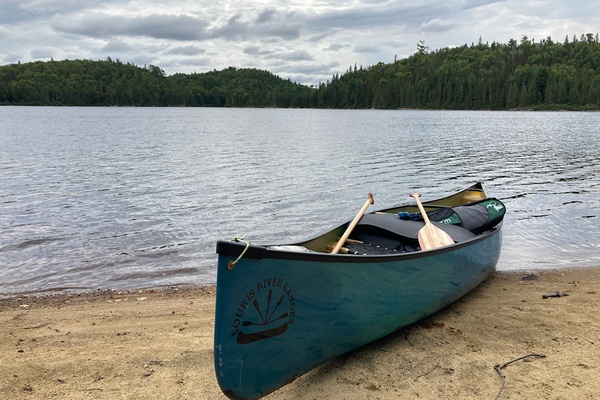
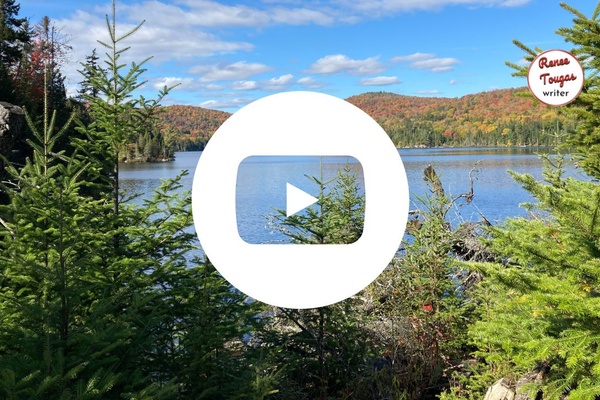
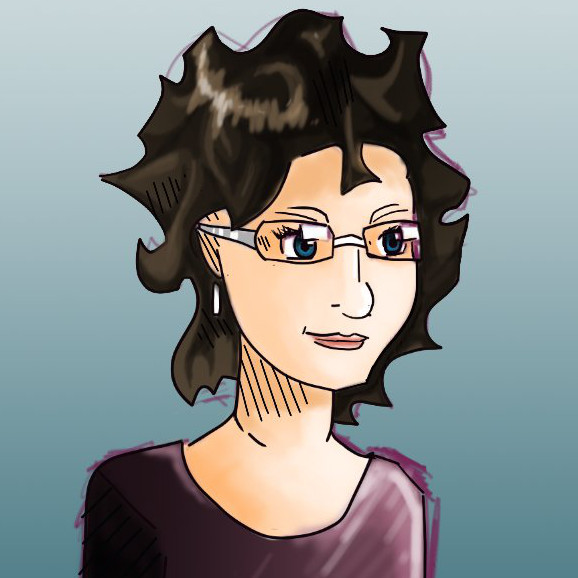
Shelly on June 15, 2016, 3:06 p.m.
I just ordered her book yesterday and am planning on doing the book club. This will be perfect for us, as we will be focusing quite a bit on Africa this year. Like your family, the bulk of my children's history was learned through read-clouds. We absolutely love the Little House series and spent months working through most of it, followed by trying their recipes and crafting ideas. That was one of our favorite learning experiences.
Shelly on June 15, 2016, 3:08 p.m.
read-alouds not read clouds. Darn auto-correct...
Jill Foley on June 15, 2016, 3:19 p.m.
we did a similar thing with Little house this year - and teamed up with some friends. We made 9 patch quilts, butter, homemade cheese, candles, gourd ladels and finished it all up with a play (complete with costumes). It was definitely the highlight of our year.
renee on June 15, 2016, 3:24 p.m.
That sounds so lovely :)